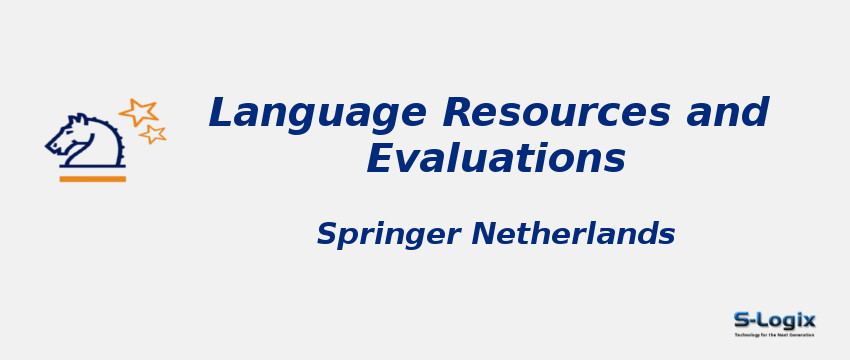Journal Home: Journal Homepage
Editor-in-Chief: Nancy Ide
Print ISSN: 1574-020X
Electronic ISSN: 1574-0218
Abstracting and Indexing: Science Citation Index Expanded, Scopus.
Imapct Factor 2024: 1.8
Subject Area and Category: Library and Information Science, Philology
Publication Frequency: Quarterly
H Index: 65
Q1: Education
Q2:
Q3:
Q4:
Cite Score: 7.5
SNIP: 1.786
Journal Rank(SJR): 0.477
Latest Articles: Latest Articles in Language Resources and Evaluation
Guidelines for Authors: Language Resources and Evaluation Author Guidelines
Paper Submissions: Paper Submissions in Language Resources and Evaluation
Publisher: Springer
Country: Germany
